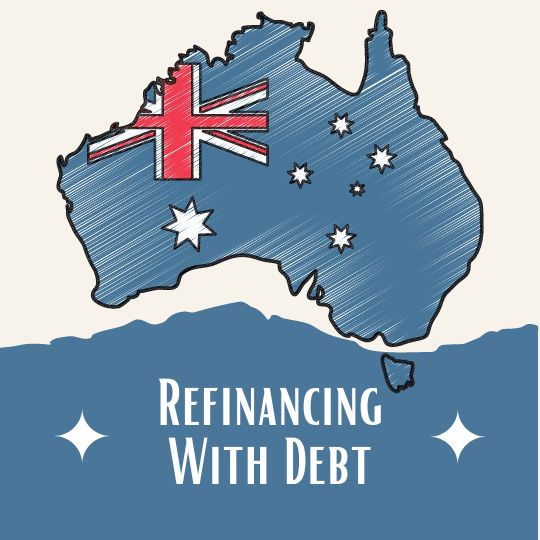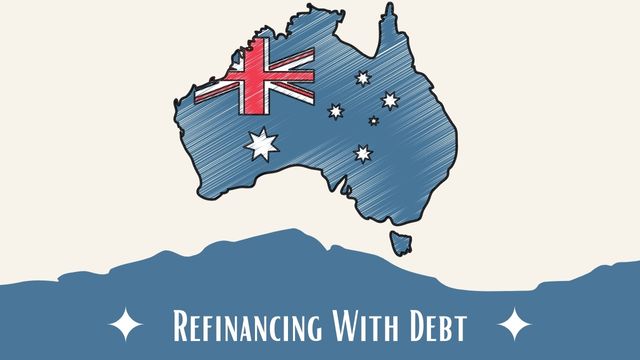If you are planning on refinancing your home loan in the near future, make sure you don’t make these mistakes with your debt. This article will go over ways to help you maintain and remove high-interest debt when you are looking at refinancing.
Financial debt can overwhelm a person, especially when it can be easily accessed nowadays by simply filling out a form online. So it is no wonder people are looking for options on how to reduce their current debt or lower the effects it has on their budget.
Consolidate Your Debt Into Your Home Loan

If you have debts, they may be able to be consolidated into your home loan when you refinance. The benefit of this is that you’ll be making a single payment for all the debts you consolidate instead of multiple. This way you’ll also know what the interest rate is as it’ll be your home loan repayment.
Keep in mind that your current debts may have break fees, so it is important to understand whether it is more beneficial to keep the current debt with the current lender instead of refinancing it to another.
It is important when doing this that you change your spending habits if you’re doing to due to financial pressure. Otherwise, you could end up in the same or worse situation.
Get the Loan That Best Suits You When Borrowing
You may not be aware of this but some mortgage brokers are also finance brokers who can help you secure loans beyond your home loan. For example, if you’re looking for a personal loan, we at Read Finance go through the same steps to ensure that the loan we get for you is one that best suits your needs.
Here are some suggestions to think about when picking a new loan to ensure it suits your needs:
- Determine what you need to loan for.
- Ensure the interest rate and fees and competitive with other options.
- Make sure the product is right for you. There are multiple loan options to consider including but not limited to personal loans, secured and unsecured loans, and lines of credit.
- Read the fine print so you know exactly what you are signing up for and the terms and conditions of the loan. This way you don’t get any nasty surprises down the road.
Think Before Co-signing or Being a Guarantor of New Loans
Consider your current and future financial situation before being a guarantor or co-signing any loans. If the borrower fails to pay the loan, you’ll be liable to repay it.
Since you could be liable to repay the loan, it may also reduce your borrowing capacity depending on a lender’s policies. This is why you should consider the pros and cons of becoming a guarantor and seek independent legal advice separately from other borrowers.
Plan Ahead by Paying More
If you’re planning on refinancing in the future it may be wise to lower your debt over time now. This is because when the time comes to refinance, you won’t have to worry as much about the debt-to-income ratio. A ratio that is used in lending to calculate how much you owe to the amount of income you have coming in.
Depending on your loan terms, it may also be beneficial for you. If you are not able to pay on time at a due date you may not get penalty fees added. Again though, this really depends on the loan’s terms.
Lastly, paying off your debts sooner will increase your cash flow in the future once those debts have been paid off. Allowing you to use those funds for future investments, hobbies or even holidays.
Conclusion
After going through this article, I hope that you’ve gathered valuable insight into how debt can impact your home loan and have learned new ways to manage your debt. Don’t let debt overwhelm you. Ensure you talk to us at Read Finance when looking at taking out or refinancing a personal or car loan so we can find one that best suits your needs.

